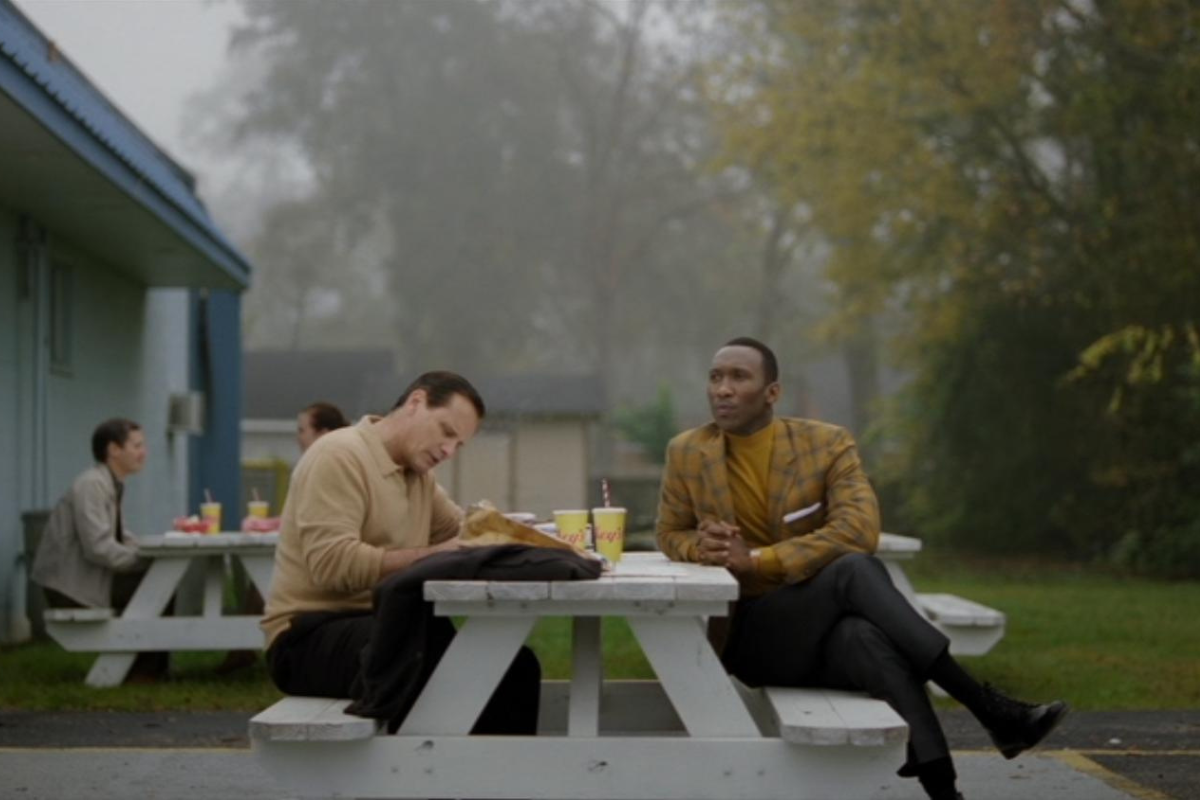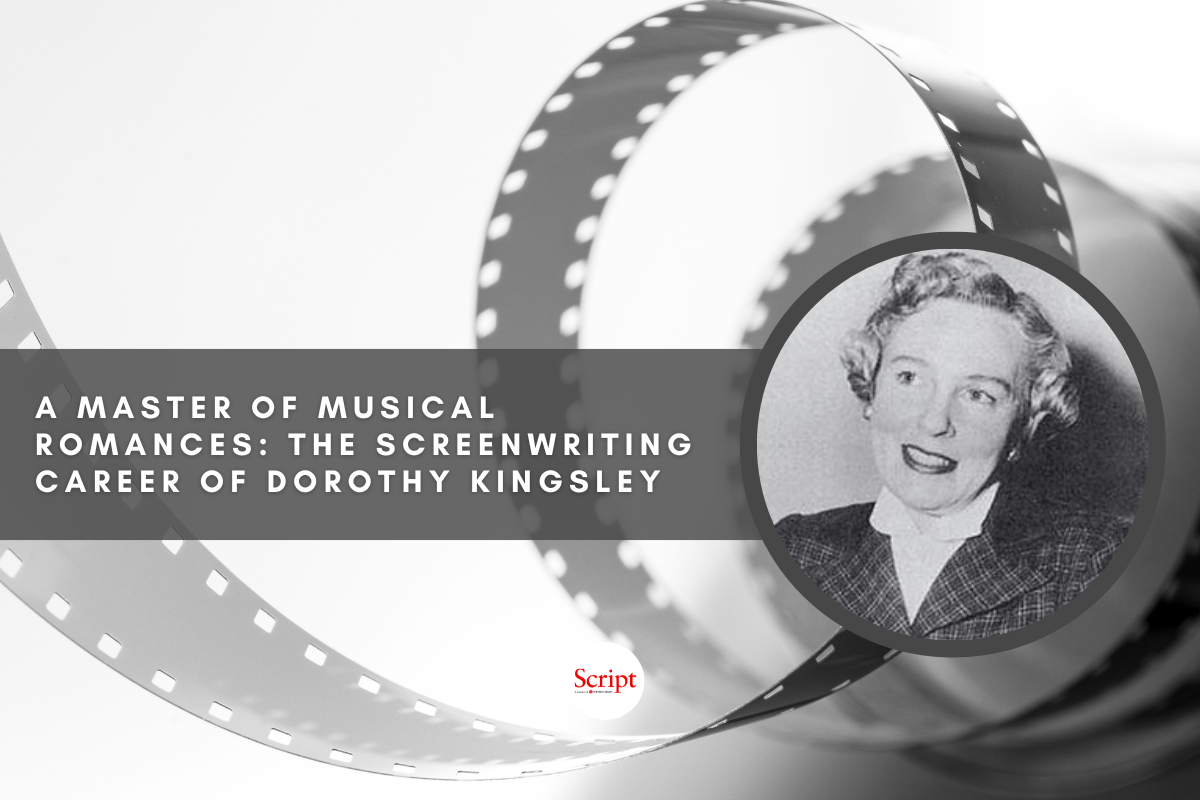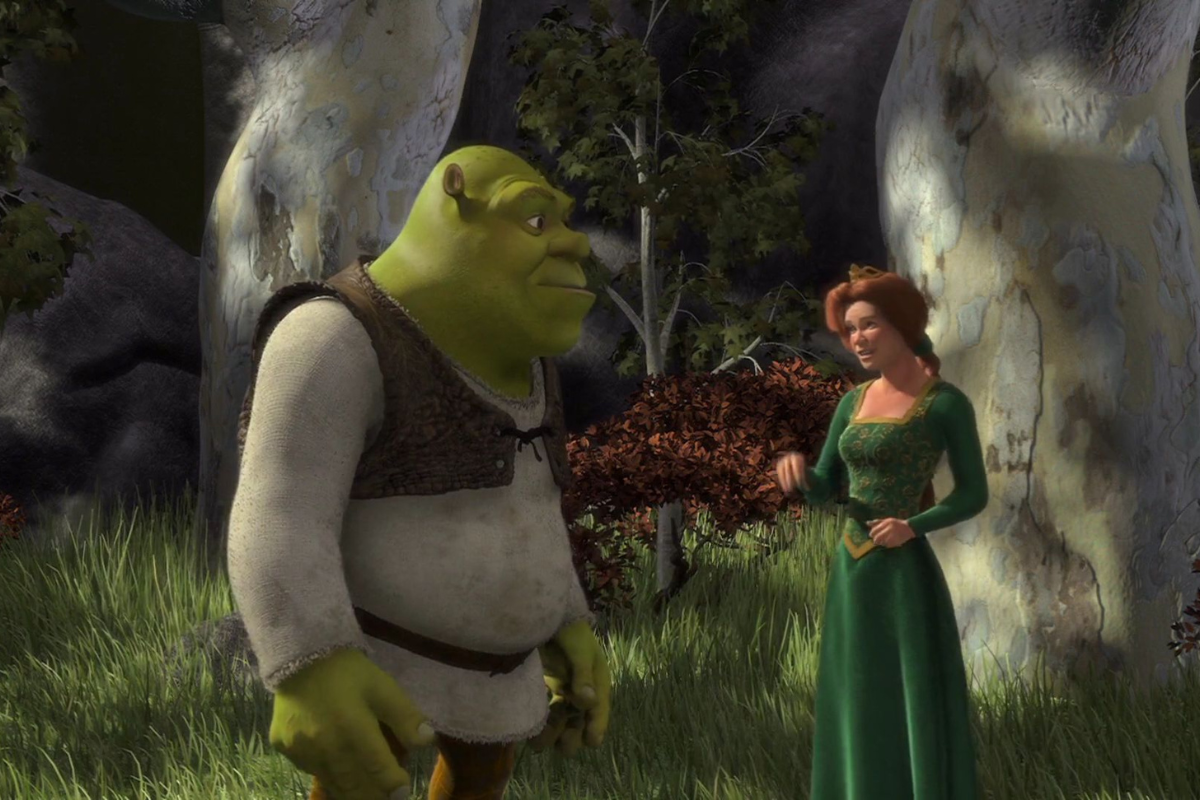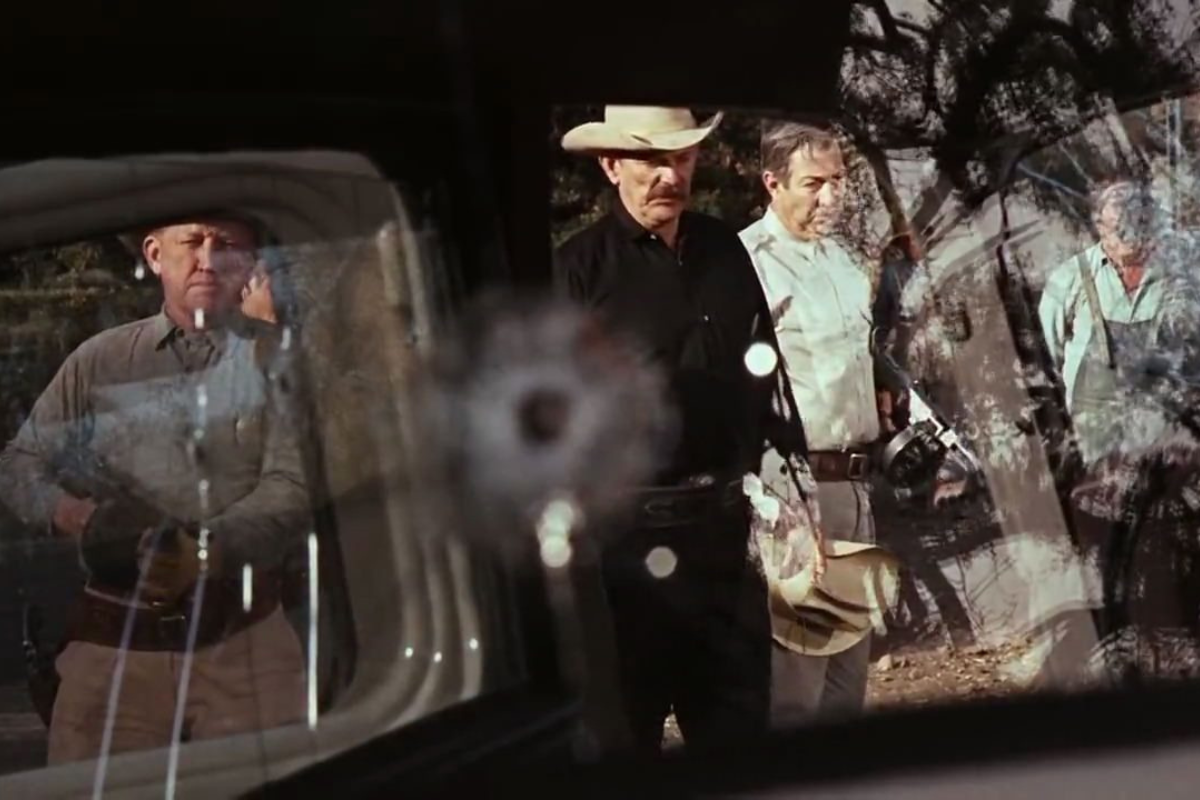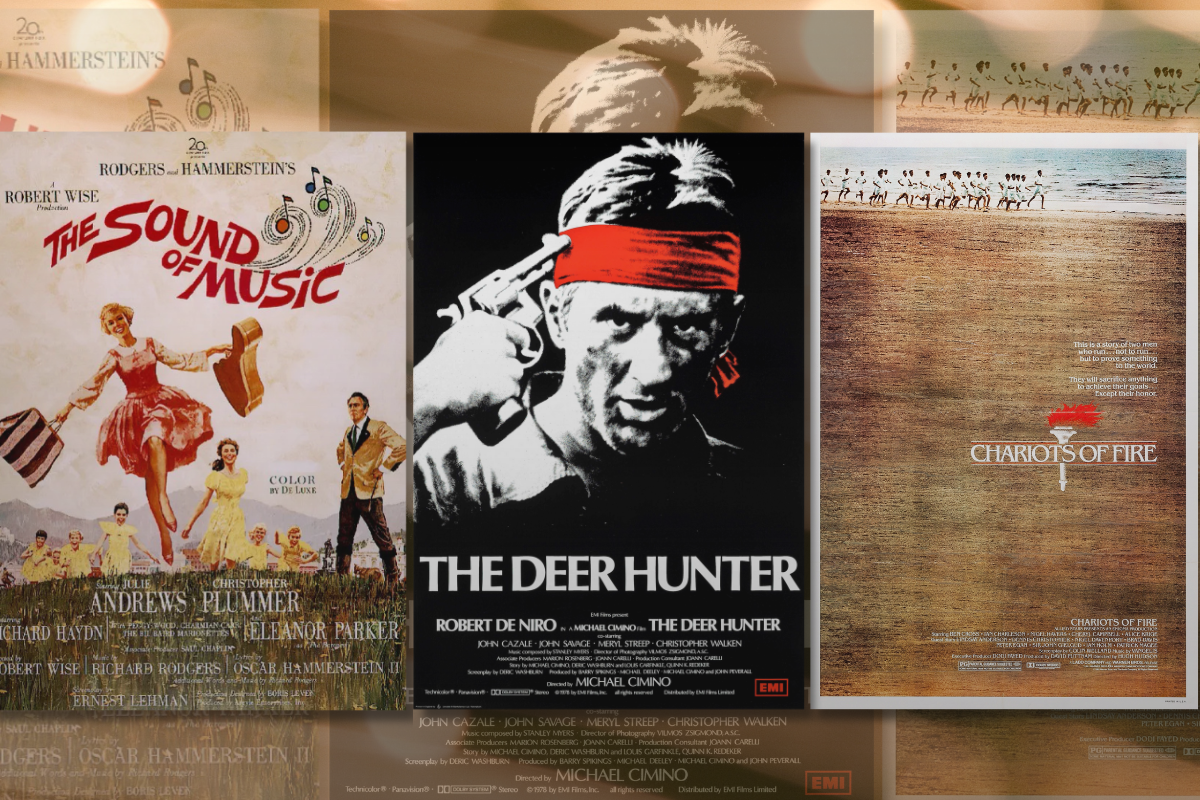From Paris to Columbus to California: Screenwriter Grace Cunard Was the Ultimate Hyphen as an Actress-Writer-Director (And Sometimes Editor)
Dr. Rosanne Welch celebrates the female screenwriters who came before us with this month’s spotlight on trailblazer writer, director, actress and editor Grace Cunard, also known as The Serial Queen.
Born Harriet Jeffries in 1893 in Paris, the future screenwriter Grace Cunard grew up in Columbus, Ohio. At 13 she began to perform in stock companies in nearby Cleveland, a major stop for both the legitimate theatre and vaudeville travelling shows in which she took part. She would eventually star in over 150 films, write nearly 100, and direct nearly 20. No full record exists of how much editing work she did on many of those films. There is also no clear record of when she changed her name so we will refer to her as Grace Cunard for the rest of the column.
In 1910, Cunard started acting in a run of historic fiction films such as Before Yorktown and The Pride of Lexington (both in 1911). Cunard eventually worked for the Biograph Studios, Edison Films, Pathe, and Kalem Studios, home to another hyphenate, Gene Gauntier. The 1912 Custer’s Last Fight brought a move to the California film community and a collaboration with director Francis Ford, older brother of John, which lasted another 5 years. Cunard wrote, he directed, and they both starred in films from The Coward’s Atonement and The Toll of War (1913) through Washington at Valley Forge (1914), The Heart of Lincoln (1915), and The Terrors of War (1917), which she also co-directed.
The team moved to Universal Studios in 1914 and created a 15-episode serial based on a character named Lucille that Grace wrote and starred in alongside Ford. Their 1917 film Unmasked, for which Cunard served as co-director, co-writer and co-star is considered so solid it has been chosen by the United States Film Preservation Board in 2014 to be included in the National Film Registry alongside 1916’s Shoes by Lois Weber, 1933’s State Fair by Sonya Levien, and 1959’s Rio Bravo by Leigh Brackett (a future Column!).
No reasons have been given for why her partnership with Ford ended after 1917’s five-reel film In Treason's Grasp. At that time, she married actor Joe Moore, brother to two other successful silent stars Tom Moore and Owen Moore. The marriage lasted until 1925.
Cunard stayed at Universal after her break with Ford to write and act in a movie a year for the next three years. In 1920, she directed three and starred in The Woman of Mystery, The Man Hater, and directed and starred in The Gasoline Buckaroo. In 1921, she juggled between all those roles for four more films, including Her Western Adventure, for which she was a triple-threat Writer-Director-Actor. It’s the last film Cunard directs and she doesn’t write again until The Scrappin’ Ranger in 1928. Cunard stopped writing in 1928, as Silents turned into Talkies and the studios began hiring writers with Broadway credits, but continued acting until 1946.
Cunard starred in four or more films a year from 1928-1936 then her roles shrunk until 1946 when, at the age of 53, she formally retired. In 1925, Cunard had divorced Moore to marry stuntman Jack Tyler Shannon. That marriage lasted until her death in 1967. She died of cancer in 1967 in Woodland Hills, California, which means she spent her last years at the Motion Picture Country Home, a retirement community for former members of the film industry built and funded by luminaries such as Mary Pickford.
If you’d like to learn more about the history of women of women in screenwriting, and about the craft of screenwriting while earning your MFA from your own home, our low residency Stephens College MFA in TV and Screenwriting is currently accepting applications: https://stephens.edu/program/master-of-fine-arts-in-tv-screenwriting/
Dr. Rosanne Welch, Executive Director of the Stephens College MFA in TV and Screenwriting, has television credits including Beverly Hills 90210, Picket Fences, ABC News/Nightline and Touched by an Angel. Her award-winning publications include When Women Wrote Hollywood and Women in American History (on the ALA list of 2017’s Best Historical Materials). Welch is Book Reviews editor for Journal of Screenwriting; on the Editorial Boards of Written By magazine and California History Journal and gave a 2016 TEDxCPP talk: “The Importance of Having a Female Voice in the Room”.
Find Dr. Rosanne Welch online: Instagram @drrosannewelch | YouTube DrRosanneWelch | Stephens College MFA Twitter @mfascreenwriter


